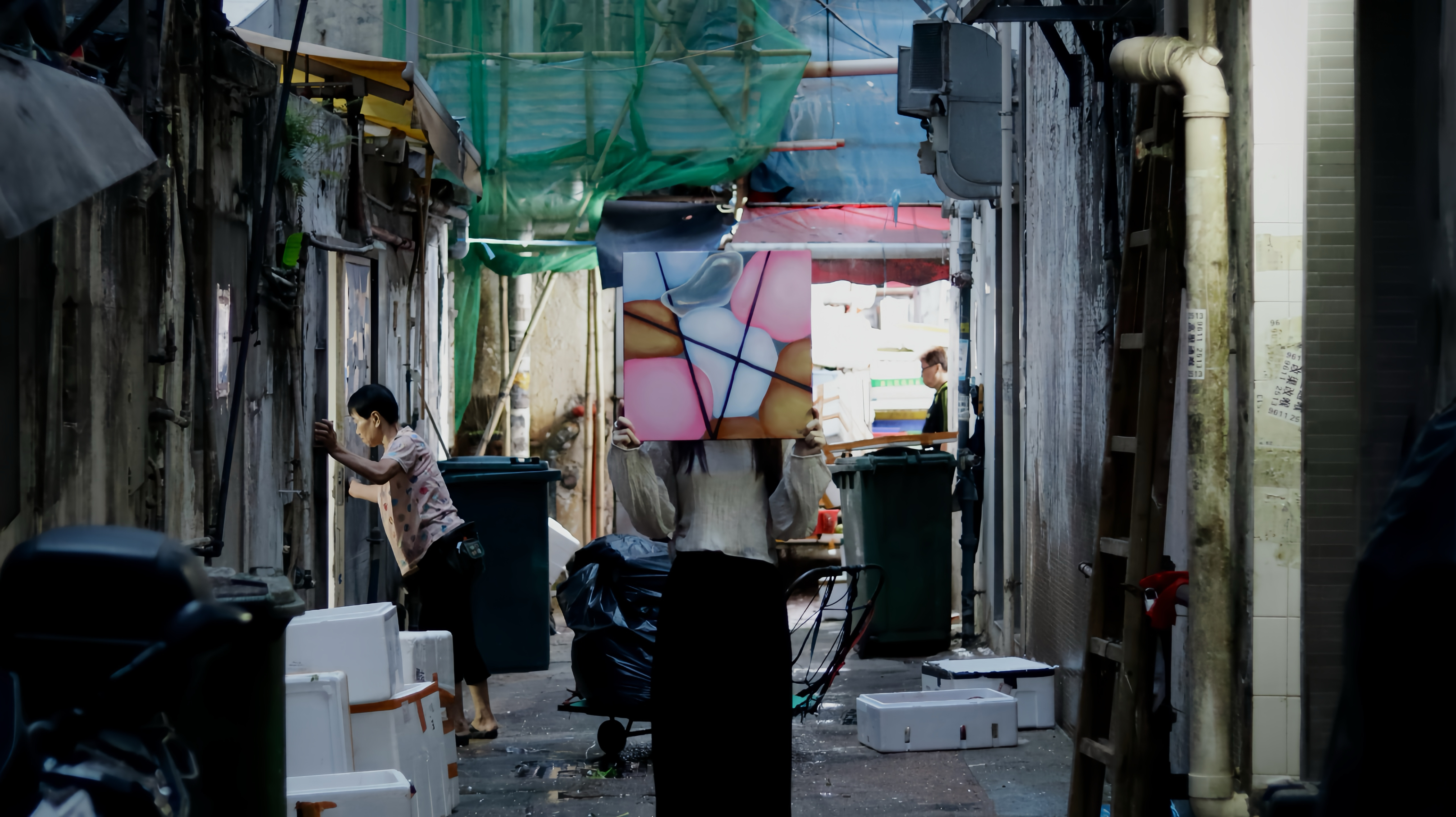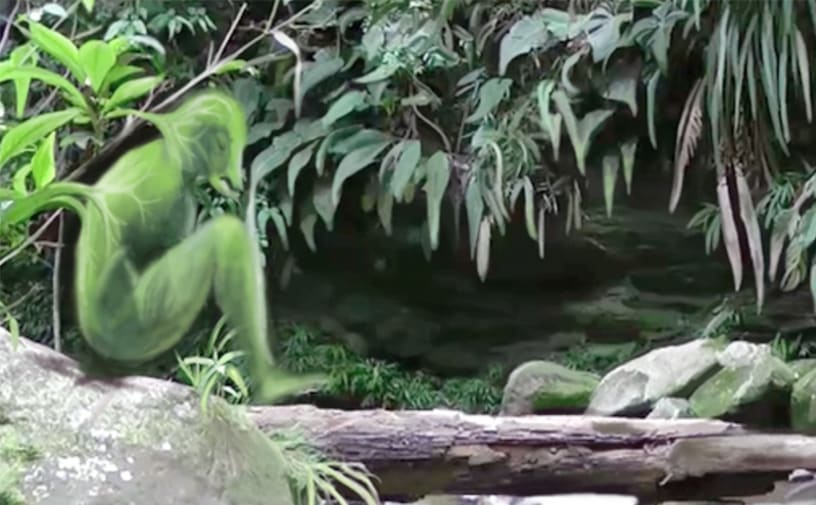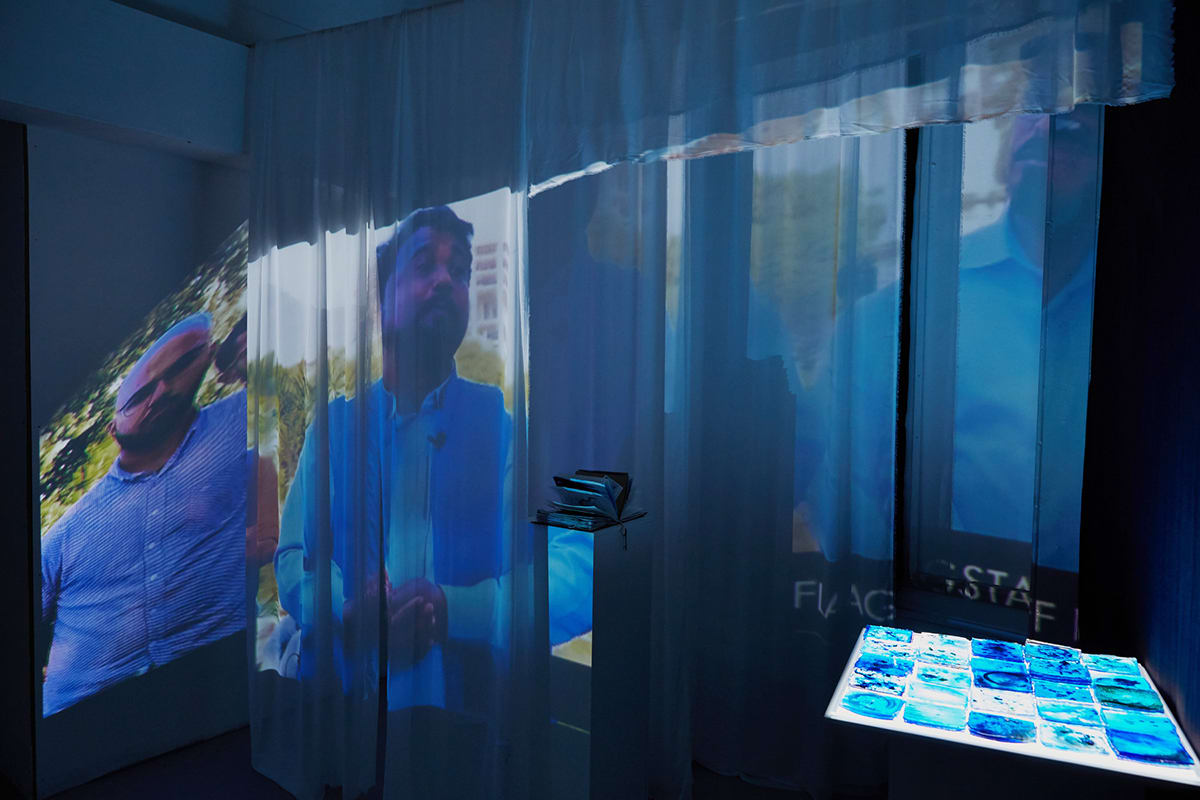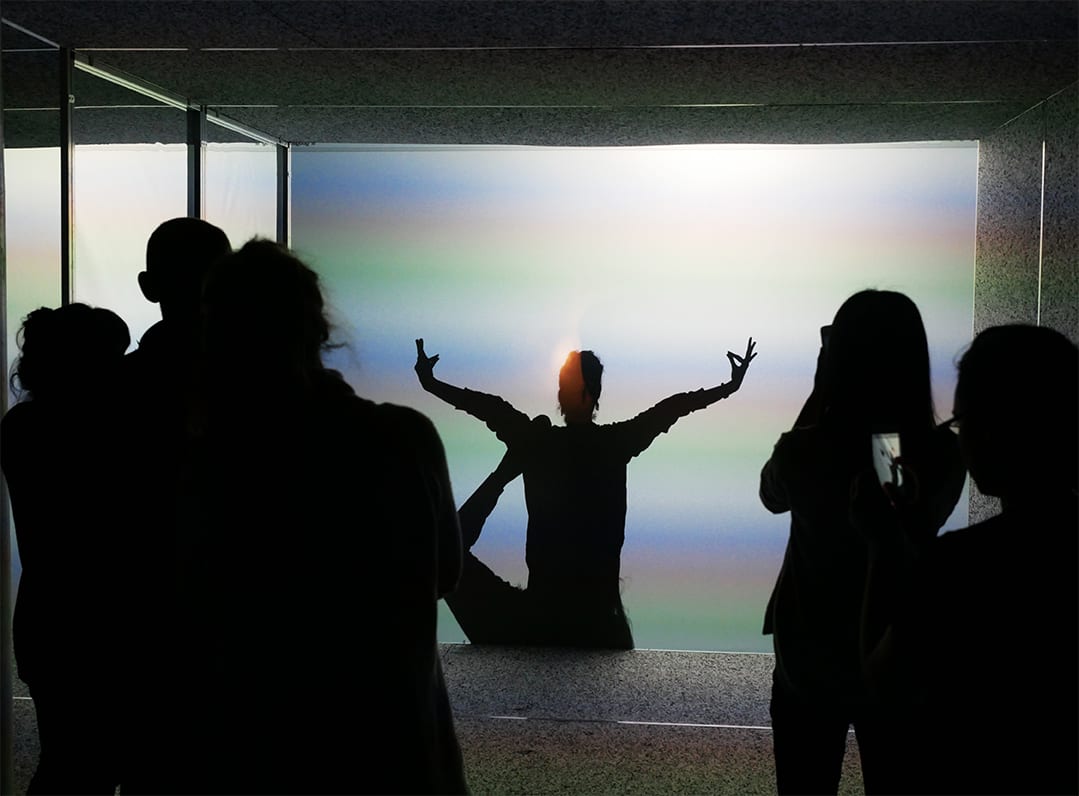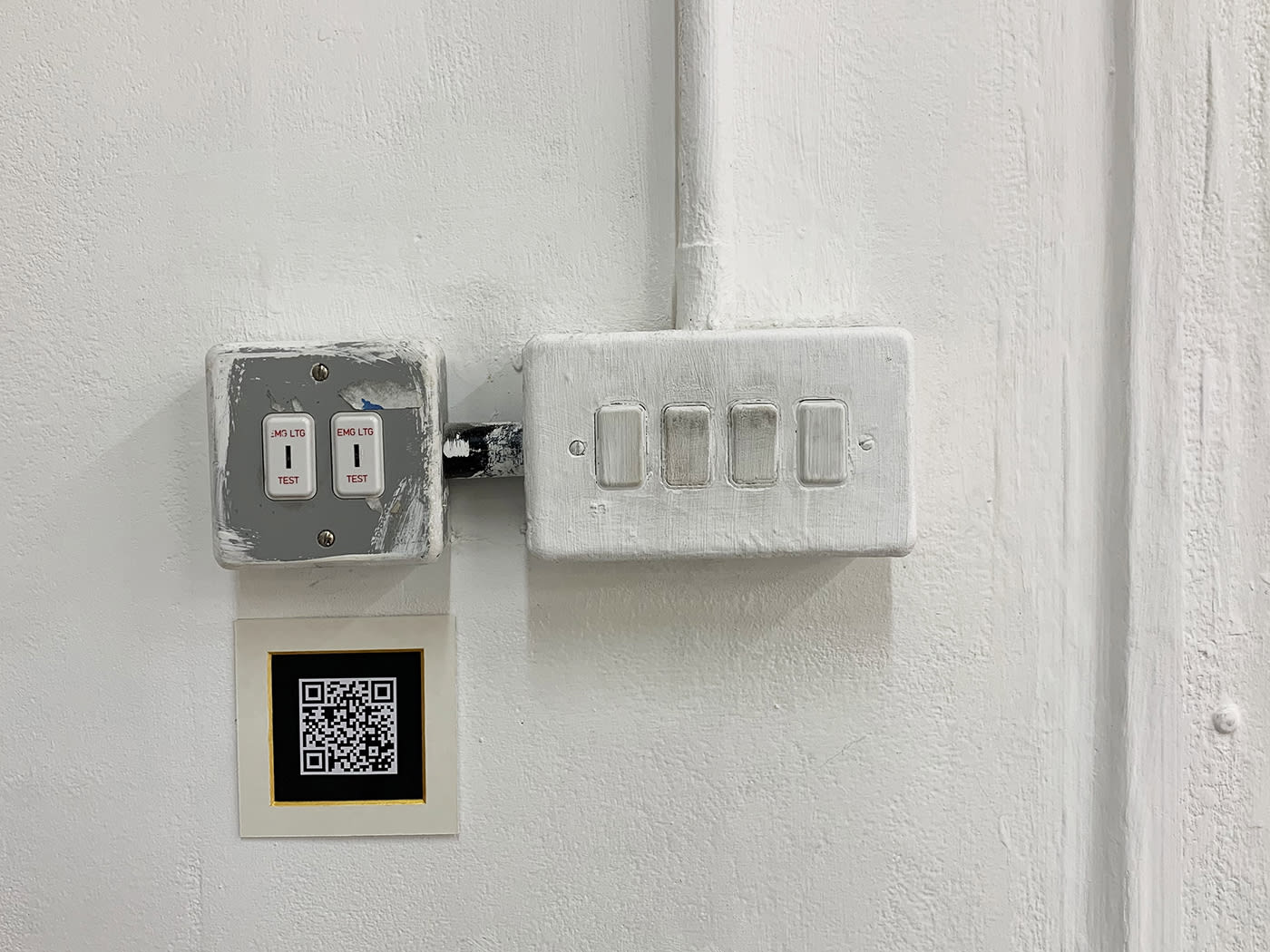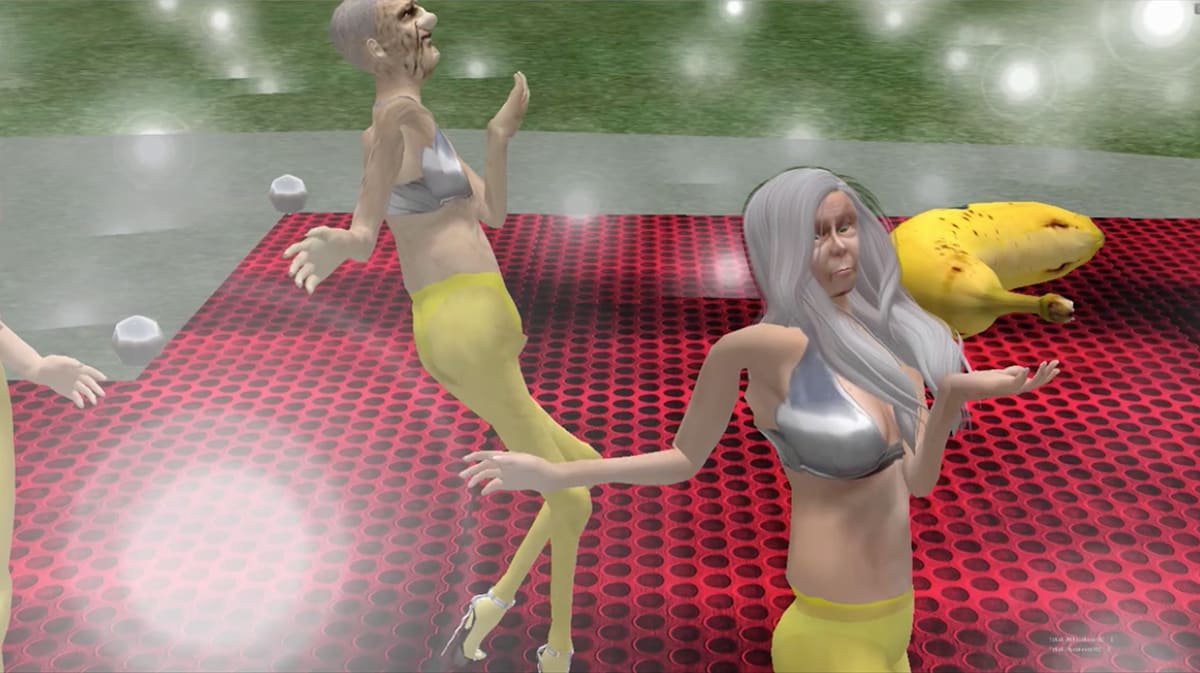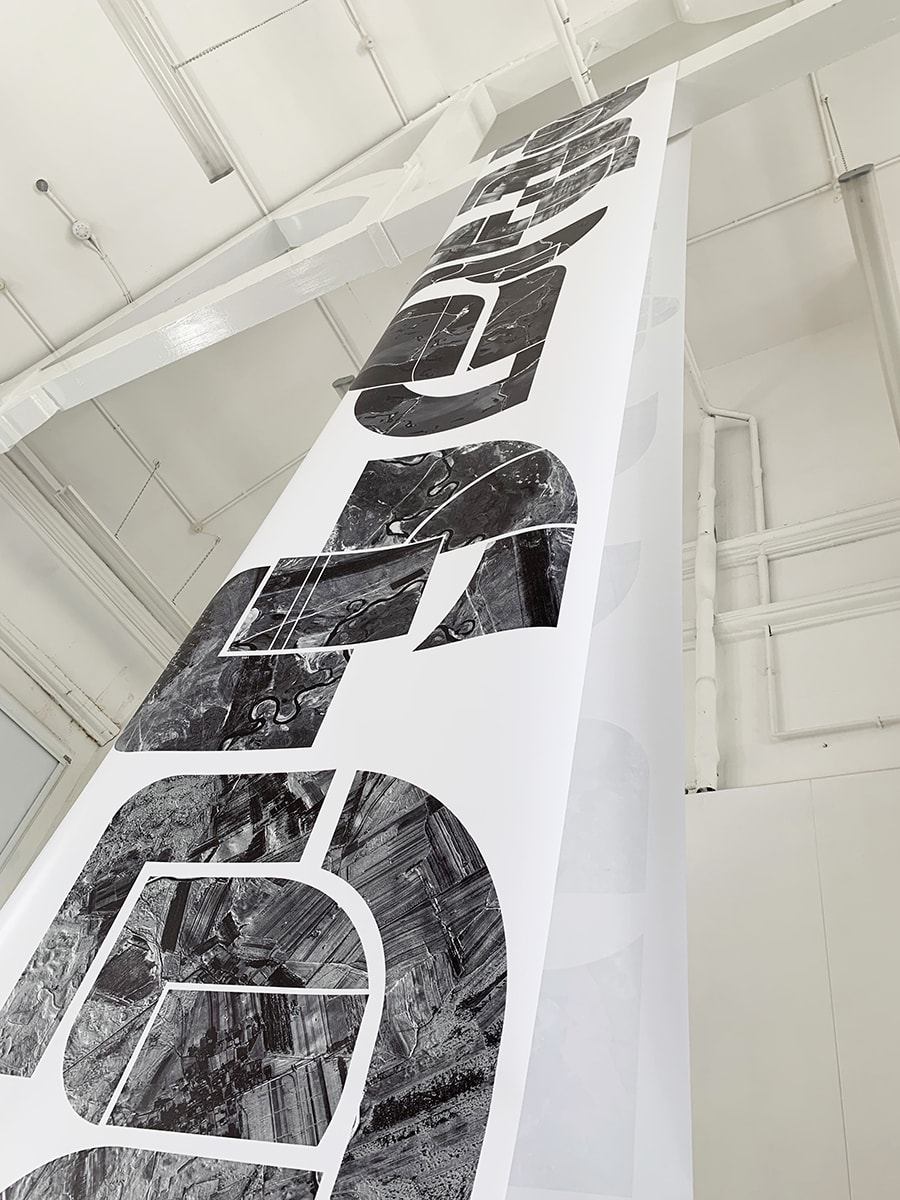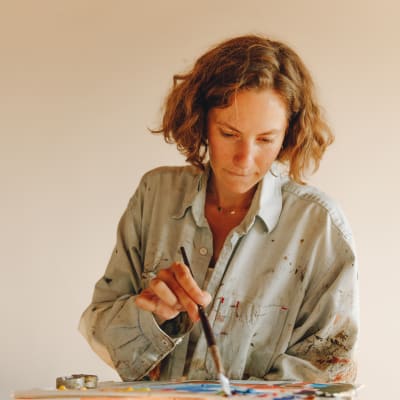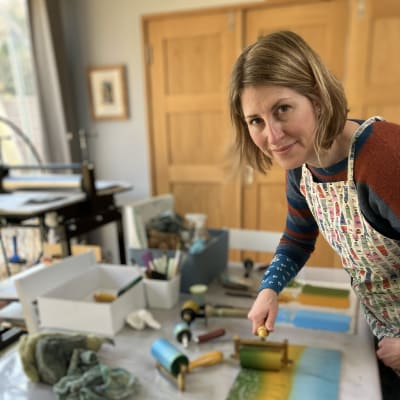Course units
MA Fine Art Digital supports the development of your thinking and practice. Teaching includes personal tutorials, group critiques, seminars and lectures. Teaching is delivered online in a flexible and adaptable model.
Alongside the regular online sessions there will be the opportunity to engage with some intensive in-person learning activities. Each year there will be a mandatory 1 week short residency of making and study workshops based in London during the Spring term. In addition, students will also have the opportunity to take part in the final year Showcase.
Unit 1: Research, Development and Practice
In Unit 1, you will develop a study statement which gives direction to your practice. You will start and maintain a reflective blog that documents and evaluates your practice-based research. This will form the framework for how you will develop your work in Unit 2.
Unit 2: Knowledge and Communication
The emphasis of Unit 2 is a combination of ambitious practical work and a deepening awareness of the context of your work within a community of practice. This is evidenced in the ongoing use of your reflective blog and active involvement in group discussions. You will also write a research paper which contextualises your practice. Collectively, this forms the foundation for your work in Unit 3.
Unit 3: Reflection and Presentation
During Unit 3, your focus will be on resolving your work in relation to your study statement with a wider contextual understanding. You will present your research as part of a symposium and your practical work in a public exhibition. Consideration will be given to your future practice and personal and professional development.
Important note concerning academic progression through your course:
If you are required to retake a unit you will need to cease further study on the course until you have passed the unit concerned. Once you have successfully passed this unit, you will be able to proceed onto the next unit. Retaking a unit might require you to take time out of study, which could affect other things such as student loans or the visa status for international students.
CSM Academic Support is delivered by a team of academics and practitioners working alongside your course to help you progress and achieve your maximum potential as a student. Academic Support can help you to develop your skills in different areas, including critical thinking, research and writing, time management, presentations and working independently and collaboratively. These may be offered as part of your timetabled classes or as bookable tutorials and workshops.
Mode of study
MA Fine Art Digital is offered as low residency with majority of teaching online with some in-person intensive weeks across the two years. The course is delivered in extended full-time mode which runs for 60 weeks over two academic years. You will be expected to commit 30 hours per week to study, which includes teaching time and independent study.
The course has been designed in this way to enable you to pursue studies, while also undertaking part-time employment, internships or care responsibilities.
The online mode works successfully across the world’s time zones by carefully timing synchronous weekly group sessions in the afternoon UK time. This allows North and South American students to connect in the morning, European, African and Middle Eastern students through the afternoon and Central to East Asia in early to late evenings. Other activities are asynchronous and can fit around your own commitments.
Students will need an internet connection and computer or mobile device to engage with online learning. Working from their own homes or studios, students will be able to access all synchronous and asynchronous materials online. We emphasise options that are as open and cross platform as possible, using both the University’s virtual learning environment and supporting students in building their own, personal learning environments.
Credit and award requirements
The course is credit-rated at 180 credits.
On successfully completing the course, you will gain a Master of Arts (MA degree).
Under the Framework for Higher Education Qualifications, an MA is Level 7. All units must be passed in order to achieve the MA but the classification of the award is derived from the mark for the final unit only.
If you are unable to continue on the course, a Postgraduate Certificate (PG Cert) will normally be offered following the successful completion of 60 credits, or a Postgraduate Diploma (PG Dip) following the successful completion of 120 credits.
